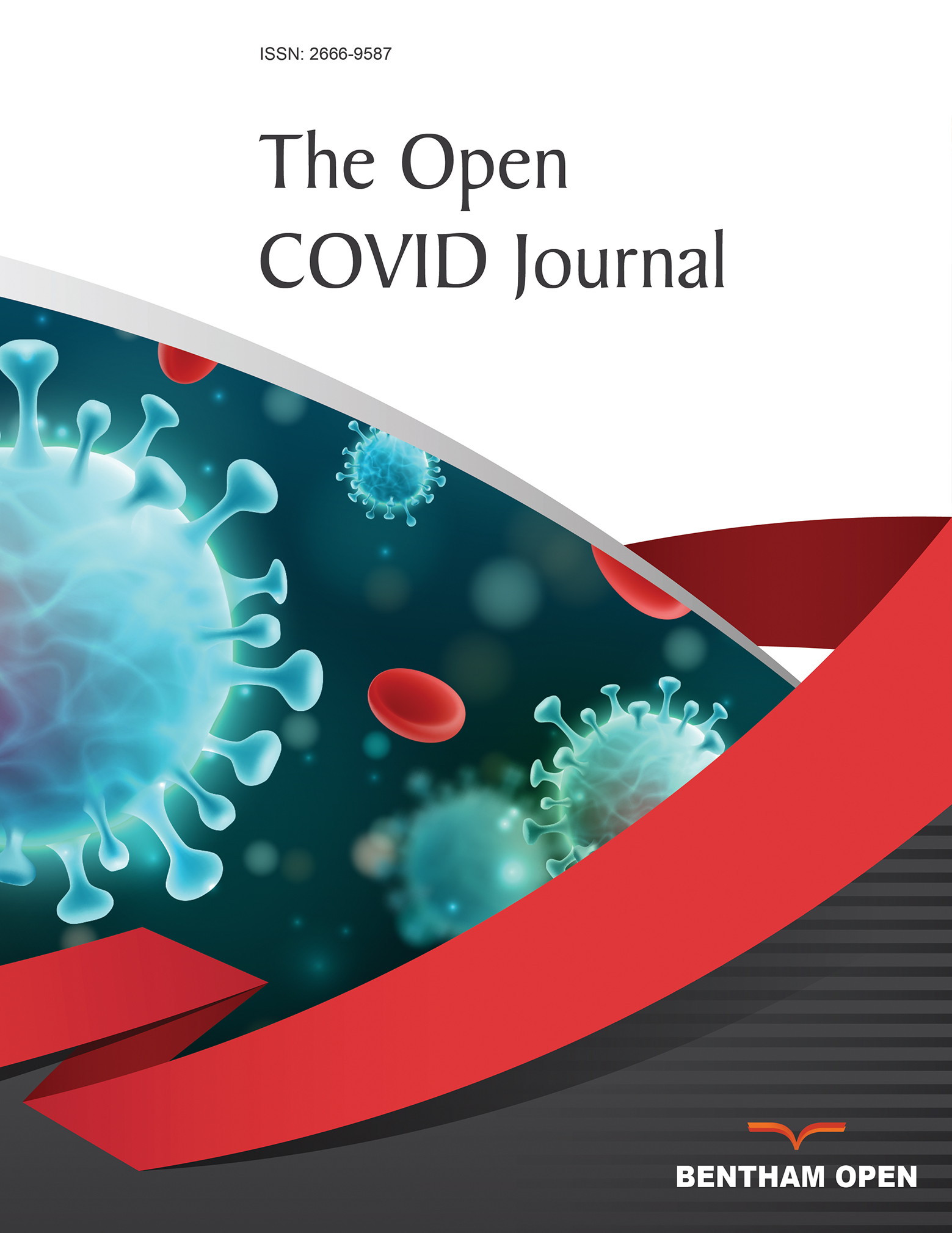All published articles of this journal are available on ScienceDirect.
Identifying Host Cell Gene Expression Modulation as Potential Markers for SARS-CoV-2 Infection
Abstract
Background:
The SARS-CoV-2 emergence in 2019 has caused health, safety, and socioeconomic issues worldwide. Current testing prioritizes viral RNA detection, requiring specialized techniques, training, and time periods, resulting in significant testing limitations. Viral infection can cause changes in host cell gene expression, which vary from virus to virus. Recent research has suggested that SARS-CoV-2-induced gene expression modulations in infected human cells may be differentiated from expressions elicited by other acute respiratory illnesses. Data in this study highlight specific genes that are differentially expressed during SARS-CoV-2 infection. This novel application of individual sample analysis, in connection with global databases, provides robust data for genes that are specifically modulated during SARS-CoV-2 infection. This expression profile would be valuable for SARS-CoV-2 testing, prevention, treatment, and basic virology research.
Methods:
Previously collected COVID-19 surveillance-testing samples from cadets at the United States Air Force Academy were used to quantify the expression of 19 target genes using direct primer-mediated qRTPCR. Additionally, samples were analyzed with RNA-seq to assess the different transcriptomes between uninfected and SARS-CoV-2-infected samples. Results were compared with national databases to confirm the agreement between findings.
Results:
A total of 19 genes were identified to be altered during SARS-CoV-2 infection using in-lab experimental results. This expression profile matched previous research and might uniquely describe SARS-CoV-2 infection. The genes expected to be upregulated according to previous research, IL1B, IFI44L, ACE2, and DUX3, were all upregulated. RNA-seq data confirmed these results and identified 122 other genes significantly different between uninfected and SARS-CoV-2 infected samples. The results have a 93% agreement rate with national databases.
Conclusion:
Despite the availability of vaccines for SARS-CoV-2, the continual mutation and evolution of the virus, the emergence of novel and increasingly infectious strains, and the anti-vaccine sentiment increase the need for safe and rapid testing alternative options. The expression profile of altered host genes during SARS-CoV-2 infection could be extremely advantageous to detect and prevent infection, as well as further research efforts for treatment and understanding of SARS-CoV-2 infection.


